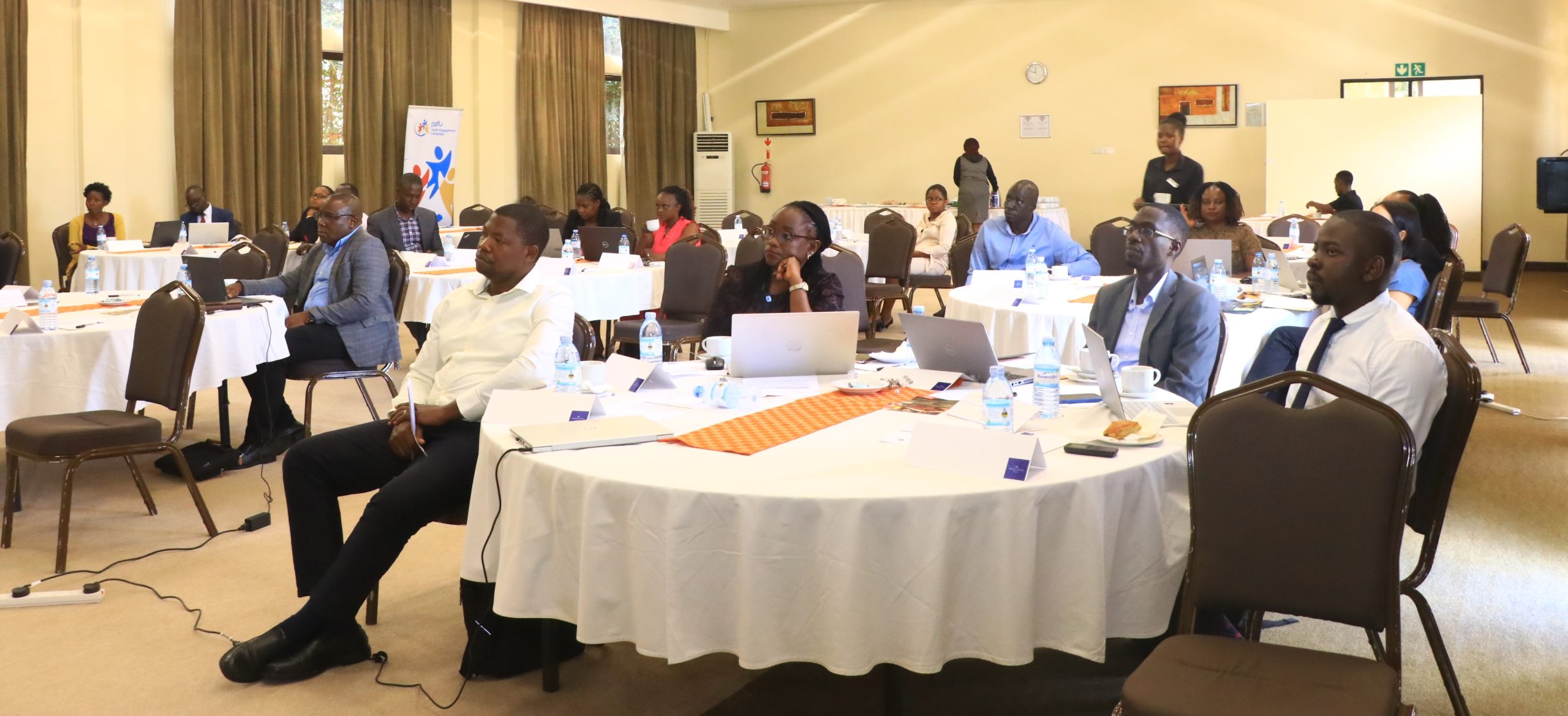
URA engaged with a section of proprietors and overseers of small and medium enterprises (SMEs) at the Protea Hotel on Wednesday under the Young Africa Works (YAW), an intervention whose ultimate goal is to create fulfilling and dignified work for over 300,000 young people in Uganda.
The discussion ranged from the formalization of businesses to the importance of compliance, the harsh realities of non-compliance, and the incentives available for young entrepreneurs to boost their net portfolio in the competitive market economy.
The Private Sector Foundation Uganda (PSFU), which consists of over 300 business associations, partnered with the MasterCard Foundation to offset this ambitious project, which has seen over 700,000 youth transition into work so far.
Speaking at the event, Stella Nyapendi, the Ag Commissioner for Legal Services and Board Affairs emphasized the importance of business formalization. She said that URA has a tax education division that is dedicated to deliberately educating people on the matter.
“It’s important that the SMEs are registered. The first form of formalization is registering with URSB. After this, we receive information from URSB so that we can reach you. Then this taxpayer has to apply for a Tax Identification Number (TIN),” Nyapendi said.
She tipped the young entrepreneurs on return filing and encouraged them to actively source this information on URA’s portal so that they could be better informed on other services.
“Uganda runs a self-declaration regime that allows the businessperson to write down the income earned and the losses made and then present them to URA. The tax body will only come in to validate whether that’s truly what you are supposed to pay.”
With thousands of youth transitioning into small and medium-scale businesses, the YAW project has been grappling with new challenges, including, but not limited to, capital requirements, market access, and the insufficient capacity of leaders to handle the accelerating business ventures.
Stephen Muhangi, the head of business partnerships at YAW, which outsources markets for these youths, inquired about the possibility of providing tax incentives to young entrepreneurs, including, amongst others, tax holidays for about a year. He argued that this would enable the young entrepreneurs to establish a firm footing in the business.
“Uganda is one country that has given so much tax amnesty compared to other countries,” said Nyapendi, before she added, “There are a whole lot of companies that are not supposed to pay taxes. Those exporting 80% finished consumer and capital goods have 10 years of exemption if they apply,” Nyapendi responded.
By Dismas Nuwaine






No Comments yet!